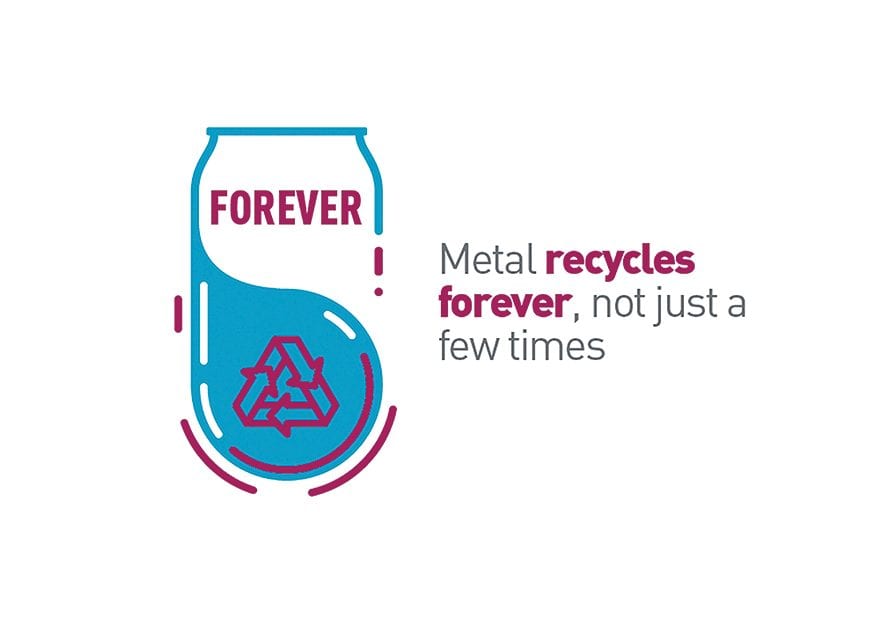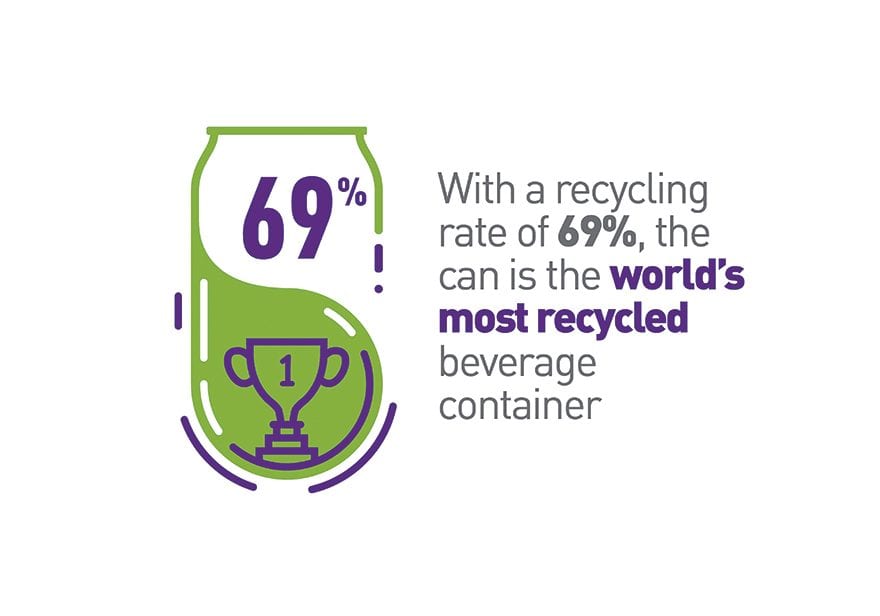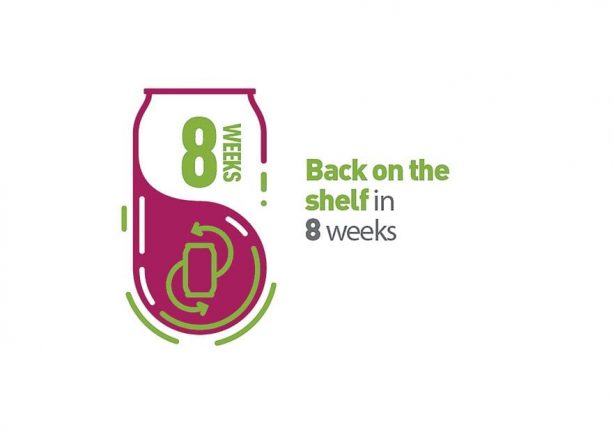This “green planet” has been our home for millions of years. It is a home to which civilisation has not paid enough attention, which is why one of the main efforts of modern society is directed towards restoring the planet to its authentic condition – without waste and pollution
Foreign companies that are leaders in their business segments are doing business in Serbia and are very vocal when it comes to environmental protection.
“Our approach to sustainability balances economic, social and environmental impacts. We have been exerting efforts for Ball to be the top-of-mind choice and to provide a solution to the problem of plastic pollution, and to help our customers achieve their own sustainability agenda. The Ball Corporation recently took on an obligation to use 100% of energy from renewable sources in the U.S. by 2021. In this way, we additionally support energy efficiency and once again pledge to make the aluminium can the most sustainable packaging in the world,” says Jelena Kiš, Ball’s sustainability and regulatory affairs manager.
The battle for “zero waste” is gaining momentum. An especially animated fight is being led for “zero plastic”, with the European Parliament recently adopting a decision to ban single-use plastic, which includes 10 items – namely Q-tips, straws and plastic cutlery – as of 2021.
 “We have been engaged in education for years, and exerting efforts to raise awareness about the need to recycle. We choose the can because the advantages of beverage cans are really incredible – a can that has been made of a single material can be recycled regardless of design and size, while collection and recycling processes are simple and cheaper, and rely on already-existing infrastructure. Additionally, a metal can be endlessly recycled without losing on quality, and a new can reappear on the shelves just 60 days after the start of the recycling process. It is important to highlight that 74 per cent of aluminium cans are currently recycled in Europe, while the plan is to increase this level to 90 per cent in the next ten years. Compared to other materials used for packaging, used aluminium has a price several times higher and practically pays out the entire collection and recycling process.”
“We have been engaged in education for years, and exerting efforts to raise awareness about the need to recycle. We choose the can because the advantages of beverage cans are really incredible – a can that has been made of a single material can be recycled regardless of design and size, while collection and recycling processes are simple and cheaper, and rely on already-existing infrastructure. Additionally, a metal can be endlessly recycled without losing on quality, and a new can reappear on the shelves just 60 days after the start of the recycling process. It is important to highlight that 74 per cent of aluminium cans are currently recycled in Europe, while the plan is to increase this level to 90 per cent in the next ten years. Compared to other materials used for packaging, used aluminium has a price several times higher and practically pays out the entire collection and recycling process.”
Across the globe, the can is becoming increasingly popular as packaging for beverages, as it is recognised as a response to increasing concerns about the harmfulness of plastic packaging.

“In all countries in which Ball does business, we spread the idea of recycling, together with our customers. Intense campaigns promoting recycling as a lifestyle, which serve to educate the wider public in that direction, have been Ball’s trademark for years, within the campaigns of the Recan Fund and “Every Can Counts” programmes.
We had an excellent campaign at last year’s Belgrade Beer Festival – we designed a special can for draft beer from the Craft Zone and thus prevented the use of 100,000 plastic cups, which cannot be recycled and would require hundreds of years to biodegrade.”
The management of packaging waste is a topic that’s ever more frequently discussed in our country and has even prompted headlines related to the existing EPR system. It is all very topical due to accession negotiations with the European Union and Chapter 27, related to environmental protection.
“The possibility of introducing a deposit system has been discussed. However, the existing EPR is achieving national targets for the gathering and recycling of packaging waste in Serbia. SEPEN members prepared a study on packaging waste that concluded that it is necessary to improve the existing packaging waste management system with an additional investment totalling around 200 million euros over the next ten years, which would enable the gathering and recycling of around 64 per cent of packaging waste.
On the other hand, the introduction and functioning of a deposit system would cost Serbia’s citizens 1.1 billion euros and would only improve collections of packaging waste by 10 per cent.” ling, new business models and a different approach to packaging design in order to adjust it to an easier collecting, sorting and viable recycling process.
We have for years been implementing the programme “Every Can Counts” in Serbia, trying to help people recycle their cans whether they are at an event, in their office or at a shopping centre. With us, you can start implementing new habits within your companies and can launch recycling as soon as tomorrow,” concludes Kiš.

The aforementioned study was realised by Deloitte and suggests that, in order to improve the existing system, a functional system of inspection oversight should be introduced, along with the introduction of the same rules for all participants, the obliging of households to sort out their waste and the inclusion of the informal sector in the existing system.
“Comprehensive support to the circular economy is necessary. It does not end with recycling, but rather includes overall recycling, new business models and a different approach to packaging design in order to adjust it to an easier collecting, sorting and viable recycling process. We have for years been implementing the programme “Every Can Counts” in Serbia, trying to help people recycle their cans whether they are at an event, in their office or at a shopping centre. With us, you can start implementing new habits within your companies and can launch recycling as soon as tomorrow,” concludes Kiš.